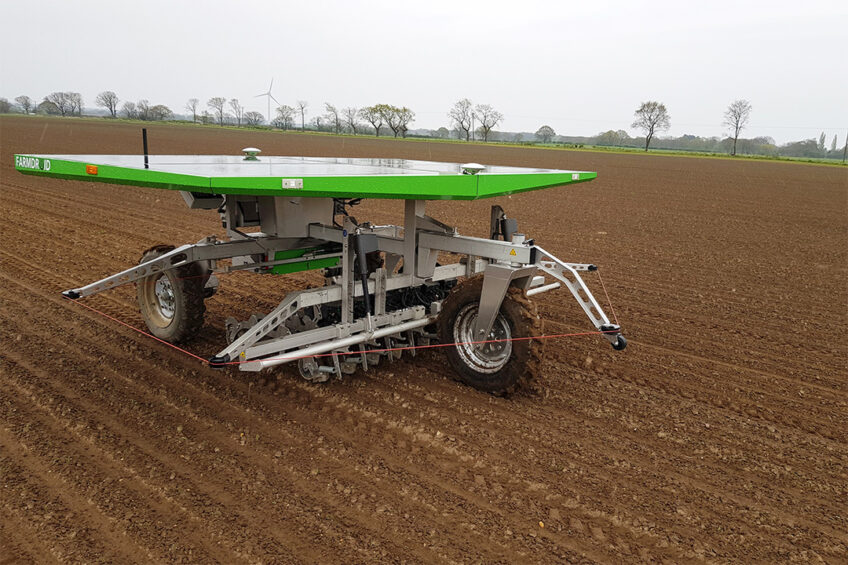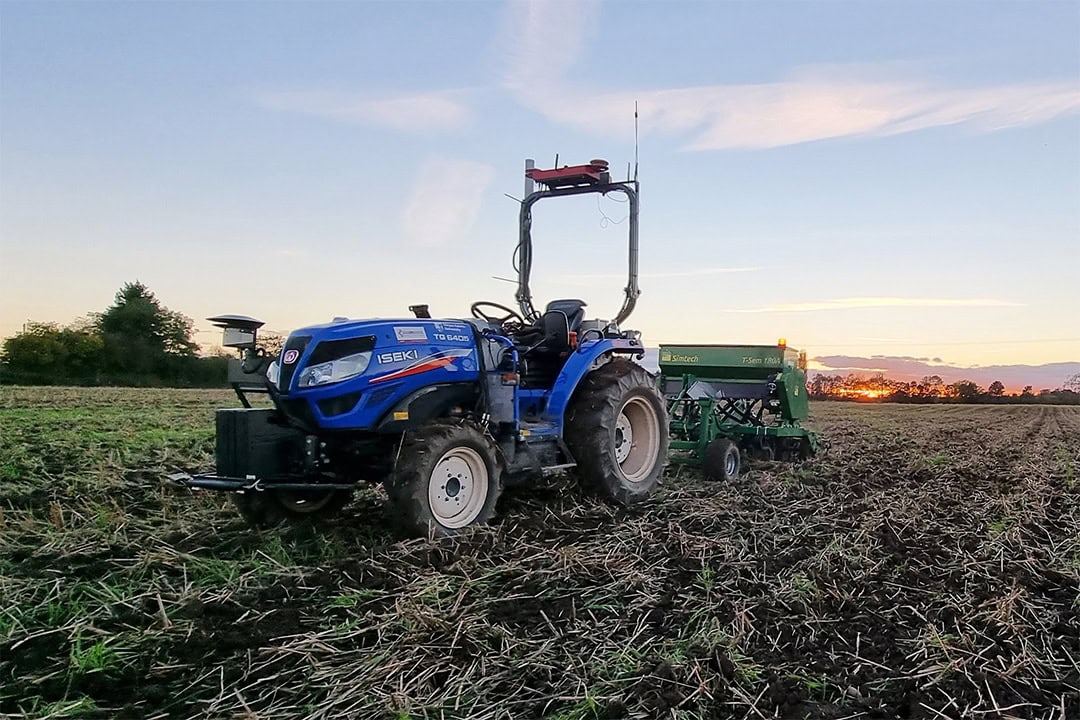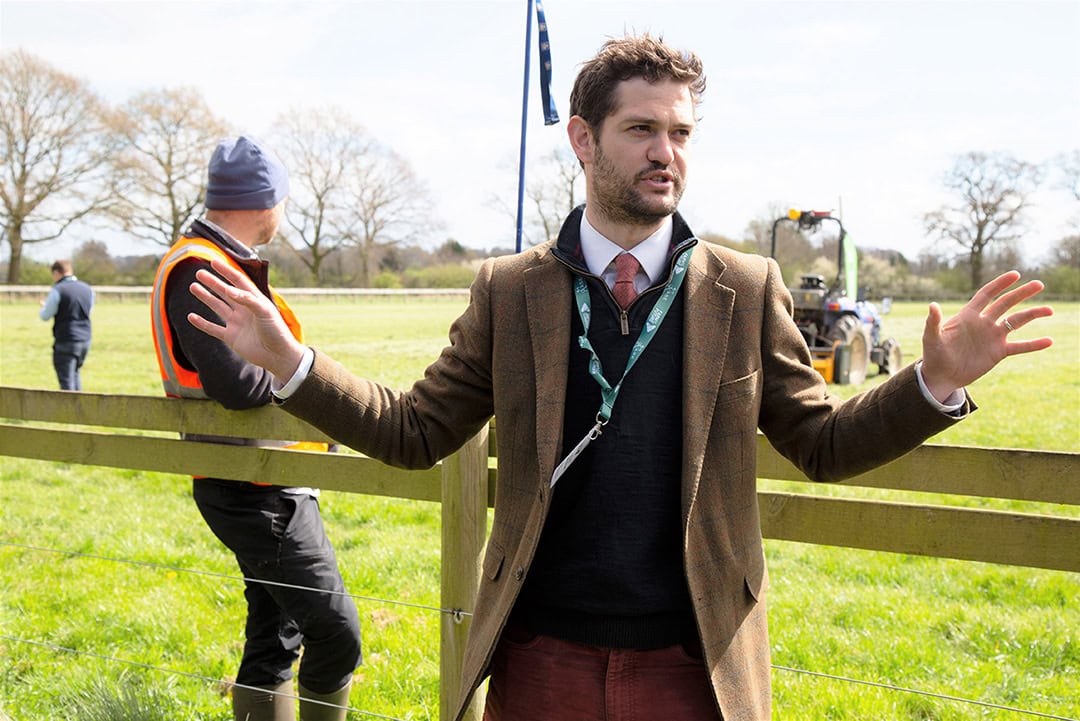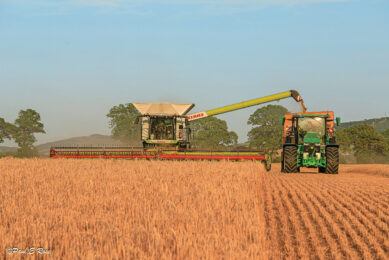UK takes the lead in autonomous ag-operations with Introduction of Code of Practice

The United Kingdom has become the first country in Europe to implement a Code of Practice for the use of autonomous mobile machinery (AMM) in agriculture and horticulture. Developed by the British Standards Institution (BSI) after extensive industry-wide consultation, the code aims to promote the wider adoption of this emerging technology throughout the country.
Authors of the British Standard (BS 8646:2023), say it will encourage wider use of AMM equipment on all sizes of farm, particularly smaller enterprises, providing economic advantage, improving efficiency and supporting the growth of innovative industry.
This will enable the benefits from its use can be realised more quickly, helping to encourage better economic production of crops, more sustainable production (with regards to environment, climate etc) as well as helping ensure greater future food security and meeting net zero targets.
Text continues below picture
Industry enthusiasm
The Code of Practice (CoP) has been greeted with enthusiasm by the country’s Agritech industry. Academics, developers, manufacturers and users all agree it will provide a huge boost to the growth of autonomous operations in the UK’s farming and horticultural sectors. This is because by providing a standard to which they can work it ends much uncertainty and provides the confidence they need to move forward.
The British Standard, which costs £198, is available from: https://knowledge.bsigroup.com/products/use-of-autonomous-mobile-machinery-in-agriculture-and-horticulture-code-of-practice/standard
The introduction to the standard says: “This British Standard is intended to enable the user to achieve safe integration of AMM into their farming operation.”
The main aims
- Describe a best practice safety and risk management process that can be applied to farming operations
- Provide information on instructions and training for safe operation and maintenance of an AMM
- Provide information and advice on farm planning, including hazard controls and emergency preparedness.
While a Code of Practice of this type is not law or a legal requirement in the UK, its recommendations do relate to relevant laws such as the Health & Safety at Work Act. So, while complying with the CoP is voluntary, if something goes wrong investigators, insurance companies and legal entities will question whether the business has been complying with the CoP’s advice.
Hands Free research
The concept for the CoP first emerged from work by researchers on the Hands Free Hectare project at Harper Adams University, in the county of Shropshire in England. Here, Principal Investigator and Senior Fellow, Kit Franklin worked alongside his colleague Professor James Lowenberg-DeBoer Chair of Agri-Tech Economics.
Text continues below picture
“The concept to develop a Code of Practice came out of discussion meetings linked to the Hands-Free projects and the Global Institute for Agri-Tech Economics – and when BSI was bringing the committees together, James took a key role in the drafting committee,” explains Kit.
James discussed the need for a Code of Practice while giving evidence to a Parliamentary Select Committee last month. He adds it is important to note that Harper Adams’ economic research showed that overly rigid autonomous machine safety regulations could seriously undermine the profitability of using robots, and consequently could constraint adoption.
The economic research from Hands Free Hectare and Farm projects provided the scientific basis for the stakeholder discussions.
“In addition to benefits for farmers and contractors, the Code of Practice will give entrepreneurs and investors greater confidence that if they develop autonomous machines, they will be allowed to commercialise them in the UK,” explains James.
“In the EU, Switzerland and the US State of California companies have struggled to commercialise autonomous machines because of rigid ‘one-size-fits-all’ safety regulations.
“From the entrepreneur and manufacturer side, the code of practice provides a clearer framework for how autonomous machines will be used on UK farms. It reduces investment uncertainty,” he says.
Text continues below picture
Join 17,000+ subscribers
Subscribe to our newsletter to stay updated about all the need-to-know content in the agricultural sector, two times a week.



